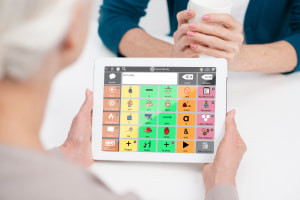





 Health
Health Teaching & Academics
Teaching & Academics Personal Development
Personal Development
By the end of this course, you will be able to:

By the end of this course, you will be able to:

By the end of this course, you will be able to:

By the end of this course, you will be able to:

By the end of this course, you will be able to:

By the end of this course, you will be able to:

By the end of this course, you will be able to:

By the end of this course, you will be able to:




